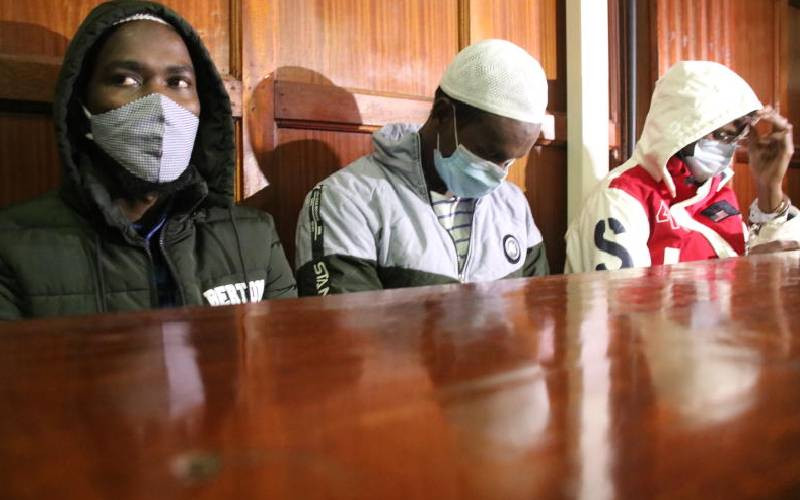Boost for importers, Treasury as shilling holds forex gains
The Shilling is expected to maintain its recent stability against the US dollar, boosted by strong foreign exchange reserves and improved access to external financing, analysts say.
Business








